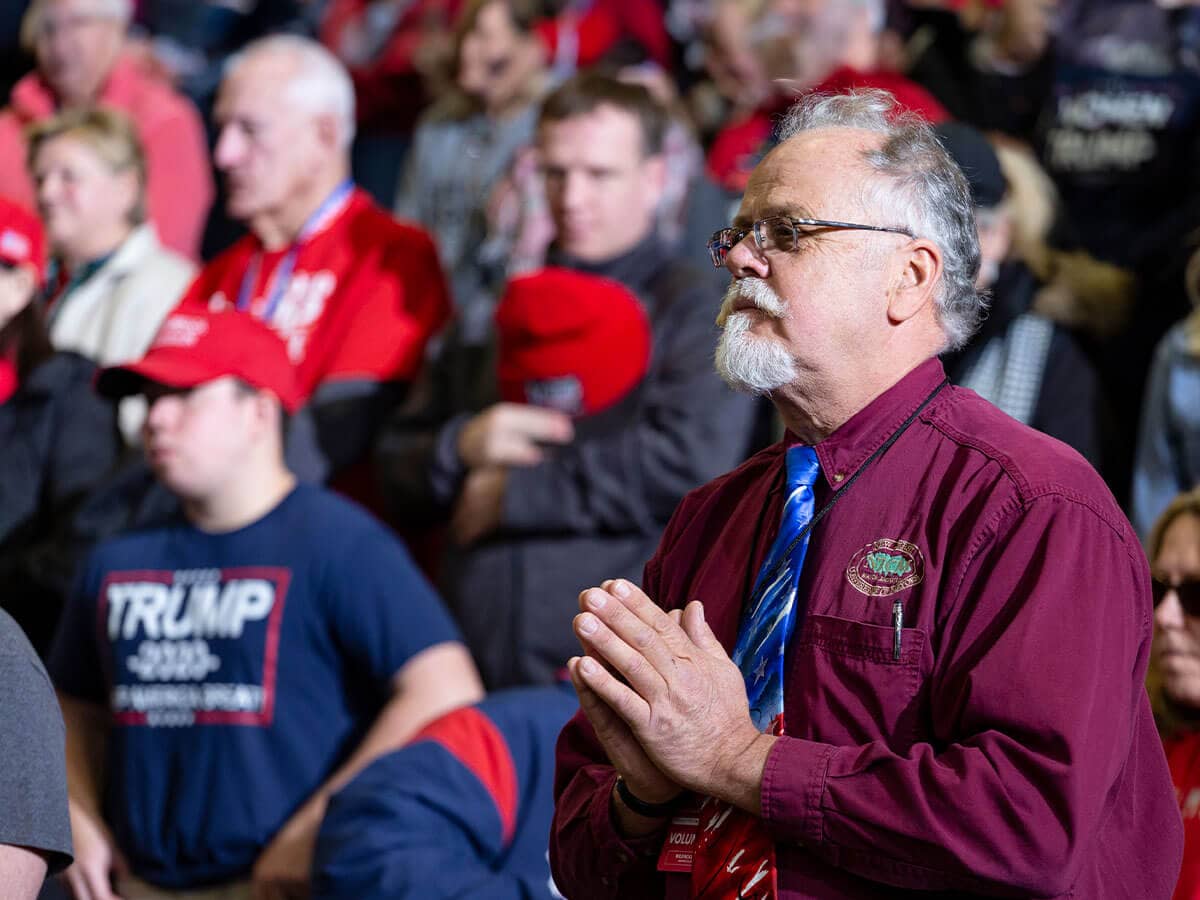Falwell ``deserves thanks for his return to the righteous path,'' said Mohammed Sayed Tantawi, the grand sheik of Al-Azhar, a Sunni Muslim mosque in Cairo. His comments came in a statement Monday to The Associated Press.
In the Iranian city of Qom, an important Shiite Muslim center of learning, a high-ranking cleric said Falwell had shown courage.
``A person courageous enough to apologize for his errors is worthy of praise,'' Ayatollah Hussein Mousavi Tabrizi told The Associated Press. ``It's humanitarian and good Islamic behavior to accept an apology from a person who admits making a mistake.''
In an interview with CBS' ``60 Minutes,'' Falwell said he had concluded from reading Muslim and non-Muslim writers that the Prophet Muhammad ``was a violent man, a man of war.''
``I think Muhammad was a terrorist,'' the conservative Baptist minister said.
Muslims were outraged. An Iranian cleric called for his death while a general strike called to protest his comments in Bombay, India, turned into a riot, and five people were killed. On Saturday, Falwell issued an apology:
``I sincerely apologize that certain statements of mine made during an interview for the Sept. 30 edition of CBS's ``60 Minutes'' were hurtful to the feelings of many Muslims. I intended no disrespect to any sincere, law-abiding Muslim.''
He said he made the remarks in response to ``one controversial and loaded question'' at the end of an hourlong interview.
``That was a mistake and I apologize,'' Falwell said.
Though other prominent Islamic leaders were ready to accept the apology, Sheik Zuheir Jaaed, deputy head of the Islamic Ulama Gathering, a Lebanon-based association of Sunni and Shiite Muslim scholars, said Falwell's comments ``will not calm us.''
One ``cannot insult the prophet then apologize,'' Jaaed said.
He said Falwell's remarks were part of a ``huge campaign'' against Muslims involving the Bush administration.
In Lebanon last week, Grand Ayatollah Mohammed Hussein Fadlallah called on Muslims to respond with peaceful dialogue to Falwell who, he said, had ``infringed on the prophet (Muhammad's) dignity.''
Fadlallah, a senior Shiite religious authority and a harsh critic of U.S. policies in the Middle East, had no immediate comment on Falwell's apology. His aides said Monday that Fadlallah was studying the apology.

